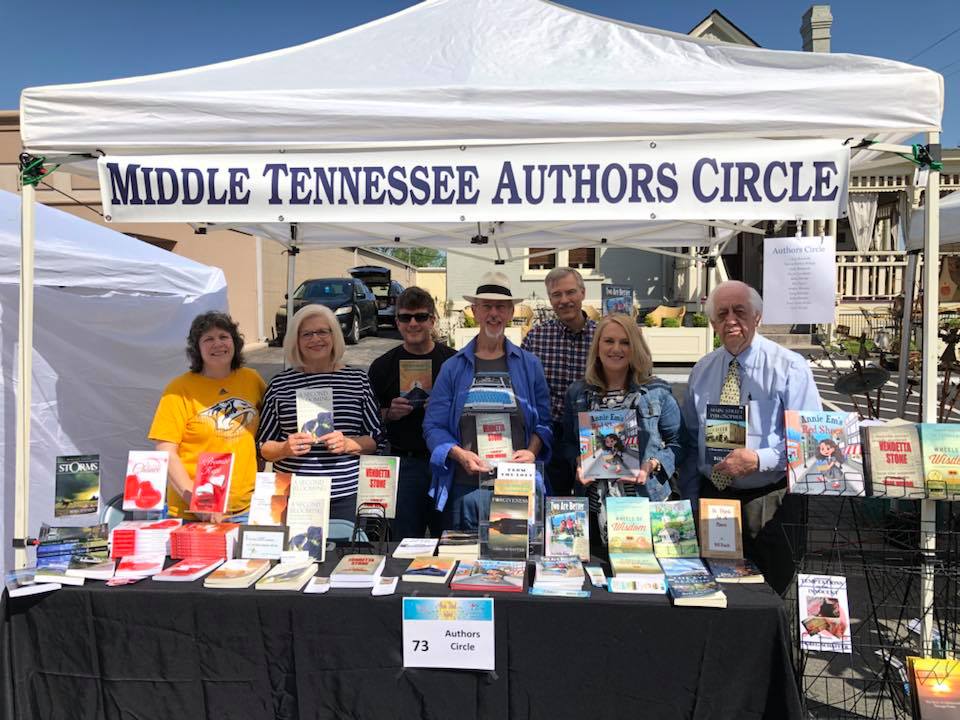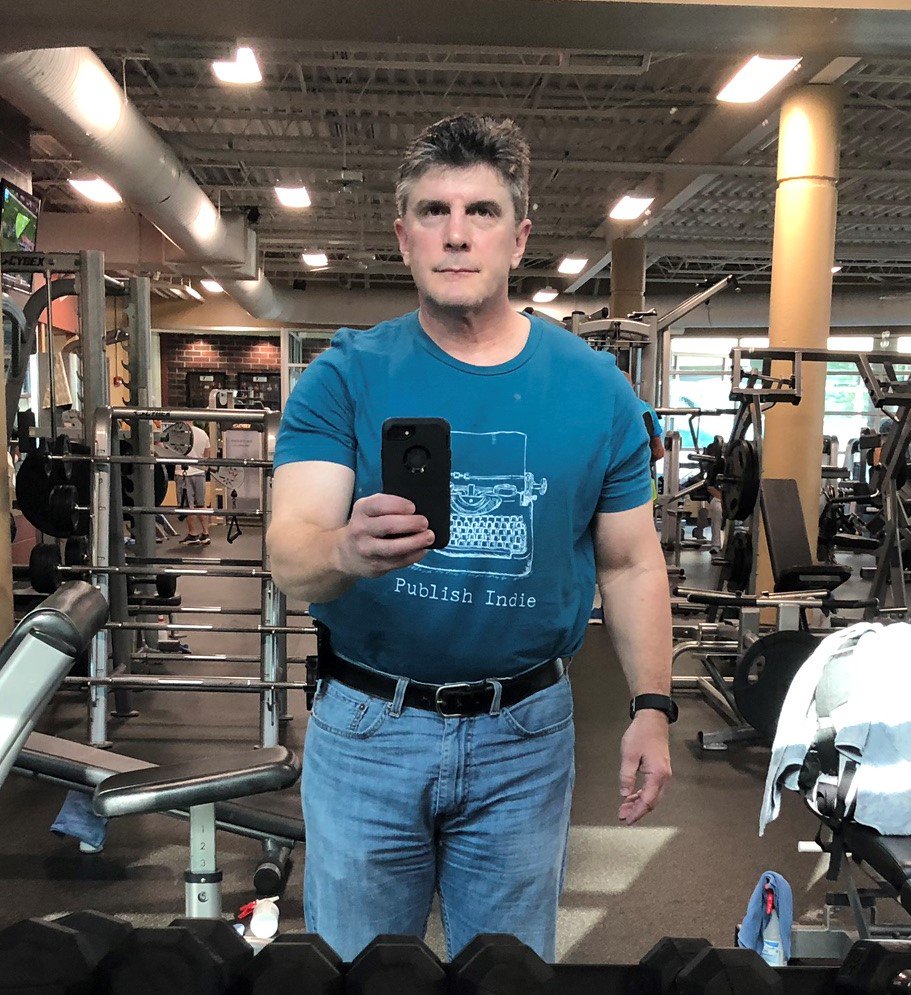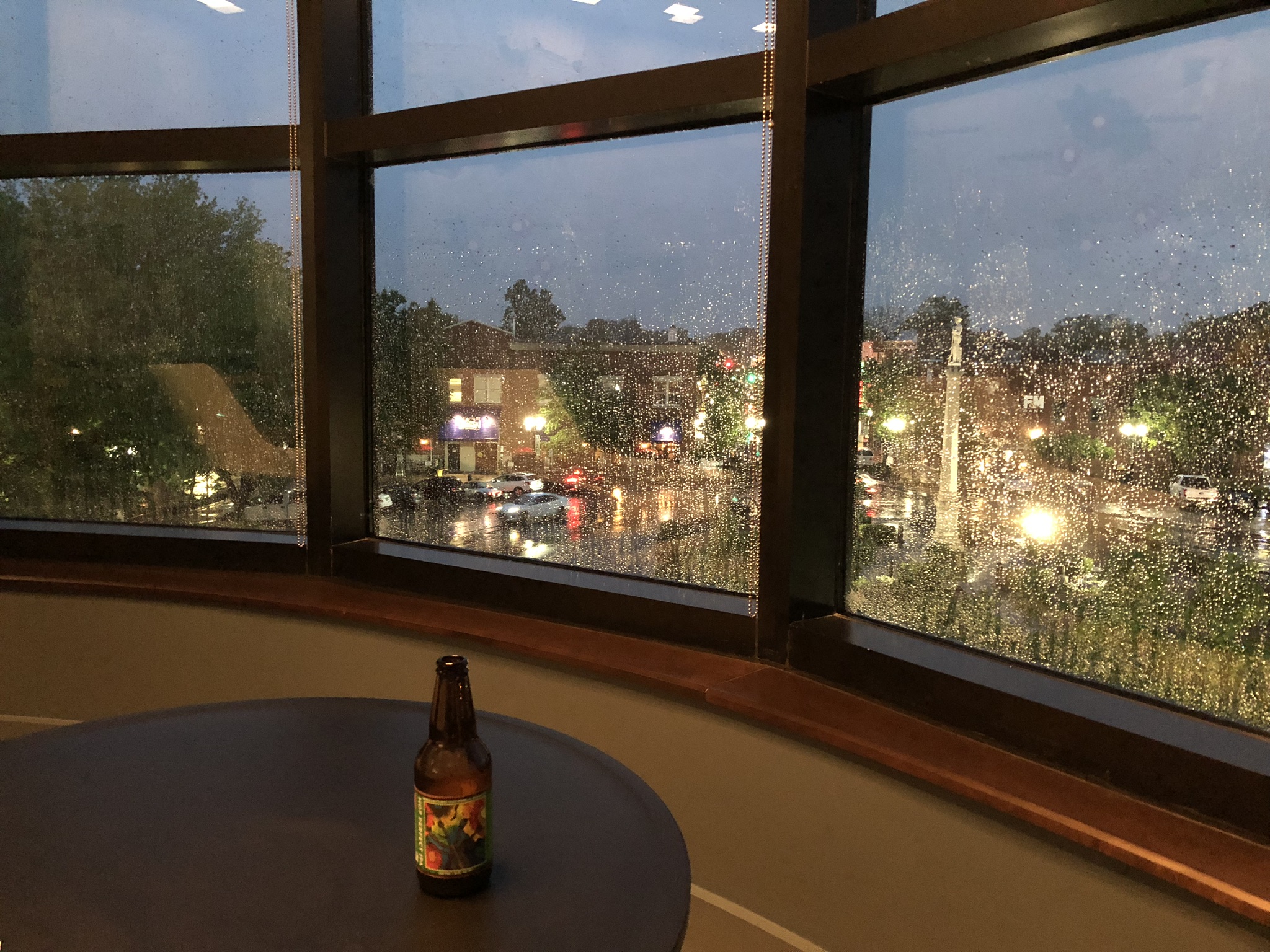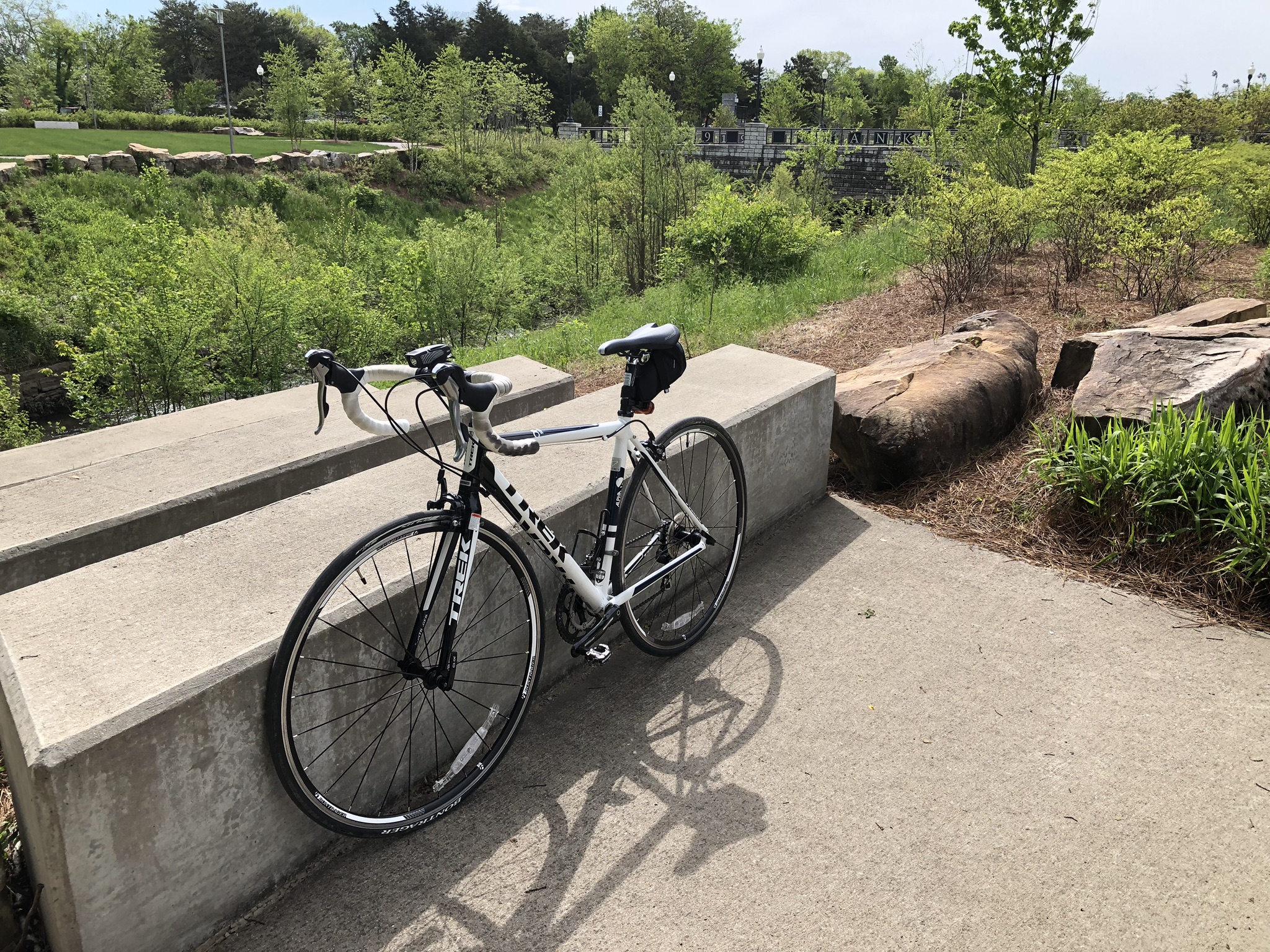Navigating the publishing world is not easy. The deeper I dive into the marketing area, the more I realize I don’t know.
On Twitter some authors, indie and trad alike, often engage in follow-backs to increase their following to hopefully impress agents and publishers, but if you ask the pros, they will most often discount the Twitter follow number if it is roughly 1:1 proportionate (equal followers and following). That’s because Twitter follow backs most often are not following because of content but rather numbers. It’s a hollow strategy that unfortunately many seem to spend much time on.
However, constant advice from writers and agents alike is to have a strong mailing list. This demonstrates marketability by showing a following of readers interested in your work. This is important because strong reader following equates to potential book sales. But how to gain interested subscribers? Book shows and author signings may net a handful if you’re lucky.
Here’s the key – you have to provide value first in exchange for a follower. How can they follow you if they are not familiar with your work? And how do they become familiar with your work if they don’t follow you?
An effective solution I have found is book promotions, specifically through BookFunnel. For those unfamiliar with Bookfunnel, it is essentially a book distribution service. Whether it be sending out beta copies, providing a reader magnet, or offering free copies of a novel, Bookfunnel is an efficient and secure method to manage your free electronic distributions. It’s not free; the basic plan begins at $20 per year, but it’s the mid-level plan at $100 per year that offers the ability to collect email addresses.
You can place a link on your website offering a free download that will collect the reader’s address, but that requires constant traffic to your site. You can of course promote on social media, but I didn’t see much chance of success going that route. What did produce results beyond what I’d hoped was a Bookfunnel promo.
Promos are hosted by an author and usually focus on a specific genre. The more that join the promo, the better chance of exposure. It’s a multiplier; instead of posting that you have one work for free, depending on the promo participation you can post on social media a link to dozens of free ebooks. Every participant is encouraged (sometimes by offering perks such as a premium place on the landing page based on number of shares) to share their unique link to the community page.
I signed up for my first one in April, a twelve-day window that I hoped might result in twenty or so addresses. I ended up with over two-hundred. This prompted me to participate in two more promos in May and June. My total subscriber list approached 900 at the end of June, from a starting point of zero in April. The image to the right is from one of my giveaways (still active at https://dl.bookfunnel.com/kc5ix83t35 ) that I provided for two of the three promos.
There are caveats, of course, the first that you have to have something to give away. All of the promos I’ve seen require a published full-length work. If you have yet to publish, this venue isn’t for you at the time. Also, if you are fortunate to have a catalog to draw from and offer a different work per promo, you will get duplicate subscribers.
You will also lose subscribers when you send your first email to the new signups. From my limited experience I expect around a 10% attrition rate, but your mileage may vary. Note that may trigger an alert from your mailing list service (you need to use one to satisfy spam laws) that your unsubscribe rate exceeds industry standards. At least I did get a note from MailChimp. So long as you can prove that your subscribers provided consent (a feature of the Boofunnel process) you should be fine (though I have yet to have to provide this).
To summarize, from three promos running less than 80 days total (though two ran concurrently), I gathered 882 signatures, of which I anticipate 88 unsubscribes on “first contact,” leaving roughly 800 followers. Plus, that’s 800 readers that now have one (or more) copies of your work to enjoy. True, this method produces no direct income from sales, but when you’re an author looking to build that important email following, perhaps the compensation is greater than sales.
 A novelette is shorter than a novella, which is shorter than a novel – averages of around 10,000 words, 35,000 words, and 80,000 words, respectively. Don’t let its diminutive stature fool you, though. A novelette requires the same attention to plot development and detail as a novel.
A novelette is shorter than a novella, which is shorter than a novel – averages of around 10,000 words, 35,000 words, and 80,000 words, respectively. Don’t let its diminutive stature fool you, though. A novelette requires the same attention to plot development and detail as a novel. was a smaller one several years ago, but we hope this larger event will become an annual tradition.
was a smaller one several years ago, but we hope this larger event will become an annual tradition.
 I have to begin it there, and with “shock and awe,” because the taking of a human life is too serious an offense in my opinion to introduce on page seventeen. It needs to be up front, in your face.
I have to begin it there, and with “shock and awe,” because the taking of a human life is too serious an offense in my opinion to introduce on page seventeen. It needs to be up front, in your face. In 2013 I learned of
In 2013 I learned of  In the United States, we are so very blessed with the abundance of fresh meat and produce and clean drinking water. This morning I biked to my office, chose from among 20 or so different varieties of coffee from our office machine, and dined on chicken breast and raw carrots (yeah, not typical breakfast food, but I’m on a sort of health kick).
In the United States, we are so very blessed with the abundance of fresh meat and produce and clean drinking water. This morning I biked to my office, chose from among 20 or so different varieties of coffee from our office machine, and dined on chicken breast and raw carrots (yeah, not typical breakfast food, but I’m on a sort of health kick). I called my colleague and he assured me he thought it would be fine to set up so long as it was before lunch. The conference center hosting the event was about a 40-minute drive – add in driving home from the office to change, I made it onsite in just over an hour and set up in a few minutes. As it turned out, the planned morning break for attendees to visit the vendor area never really materialized. In the end, I missed very little.
I called my colleague and he assured me he thought it would be fine to set up so long as it was before lunch. The conference center hosting the event was about a 40-minute drive – add in driving home from the office to change, I made it onsite in just over an hour and set up in a few minutes. As it turned out, the planned morning break for attendees to visit the vendor area never really materialized. In the end, I missed very little. After the conference day ended I returned to my office, dimmed the lights in the common area, grabbed a beer left over from the afternoon networking event, and enjoyed the view of the old town square – all while realizing just how blessed I was to be an active participant in community.
After the conference day ended I returned to my office, dimmed the lights in the common area, grabbed a beer left over from the afternoon networking event, and enjoyed the view of the old town square – all while realizing just how blessed I was to be an active participant in community. This morning I planned to expand my ride to swing by the gym for a short weights workout. For me, it was more about testing the feasibility of the idea than anything else. This increased my mileage to work by only about three miles. It was a beautiful, clear morning, ride temperature about 60 degrees, and light traffic as I planned the journey before rush hour. What could go wrong?
This morning I planned to expand my ride to swing by the gym for a short weights workout. For me, it was more about testing the feasibility of the idea than anything else. This increased my mileage to work by only about three miles. It was a beautiful, clear morning, ride temperature about 60 degrees, and light traffic as I planned the journey before rush hour. What could go wrong? I took this selfie before rehearsal for the second of five Easter services at my church. This is my fourth year singing in the church choir. We are a worship choir, not a performance one, meaning we focus on our church’s goal to help people become more fully devoted followers of Jesus of Nazareth.
I took this selfie before rehearsal for the second of five Easter services at my church. This is my fourth year singing in the church choir. We are a worship choir, not a performance one, meaning we focus on our church’s goal to help people become more fully devoted followers of Jesus of Nazareth.